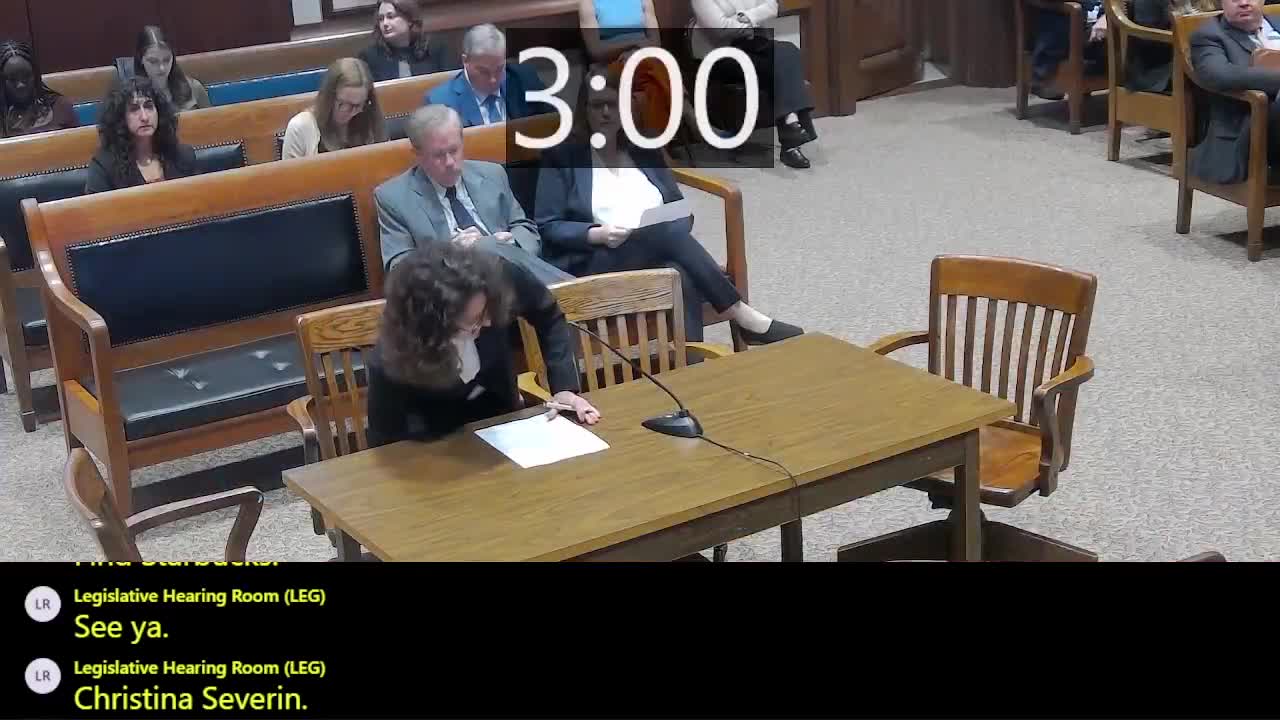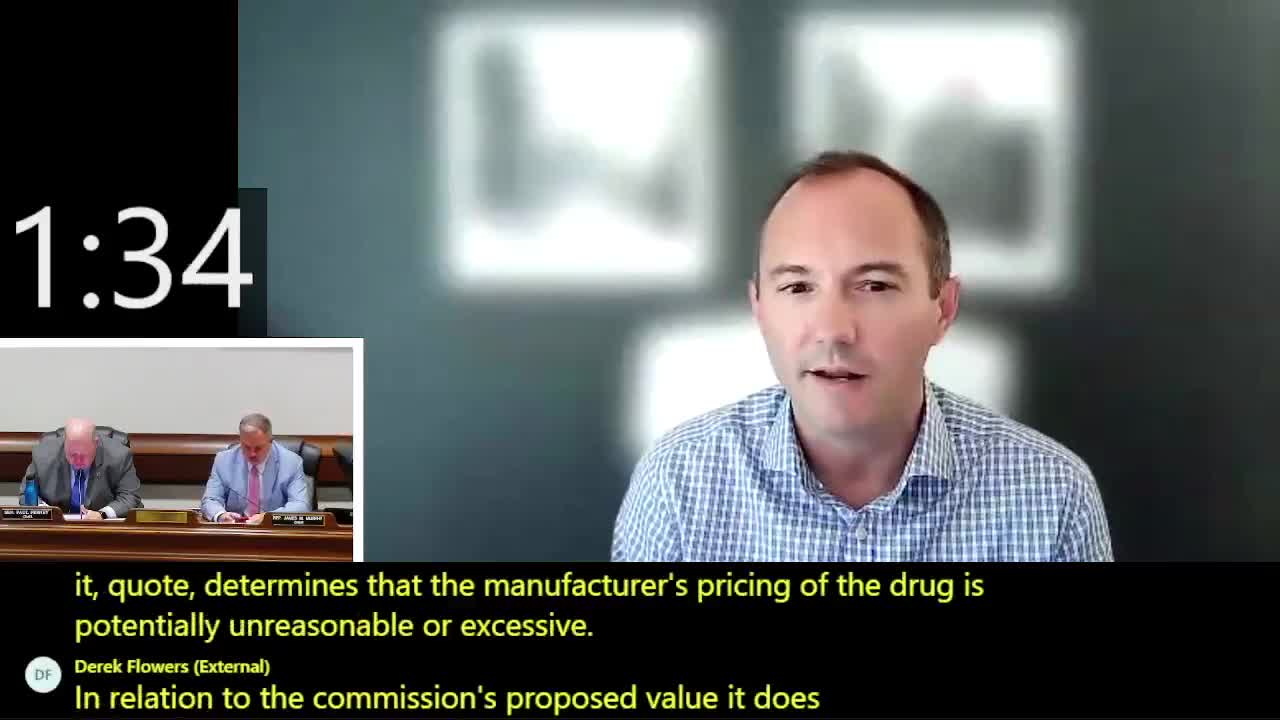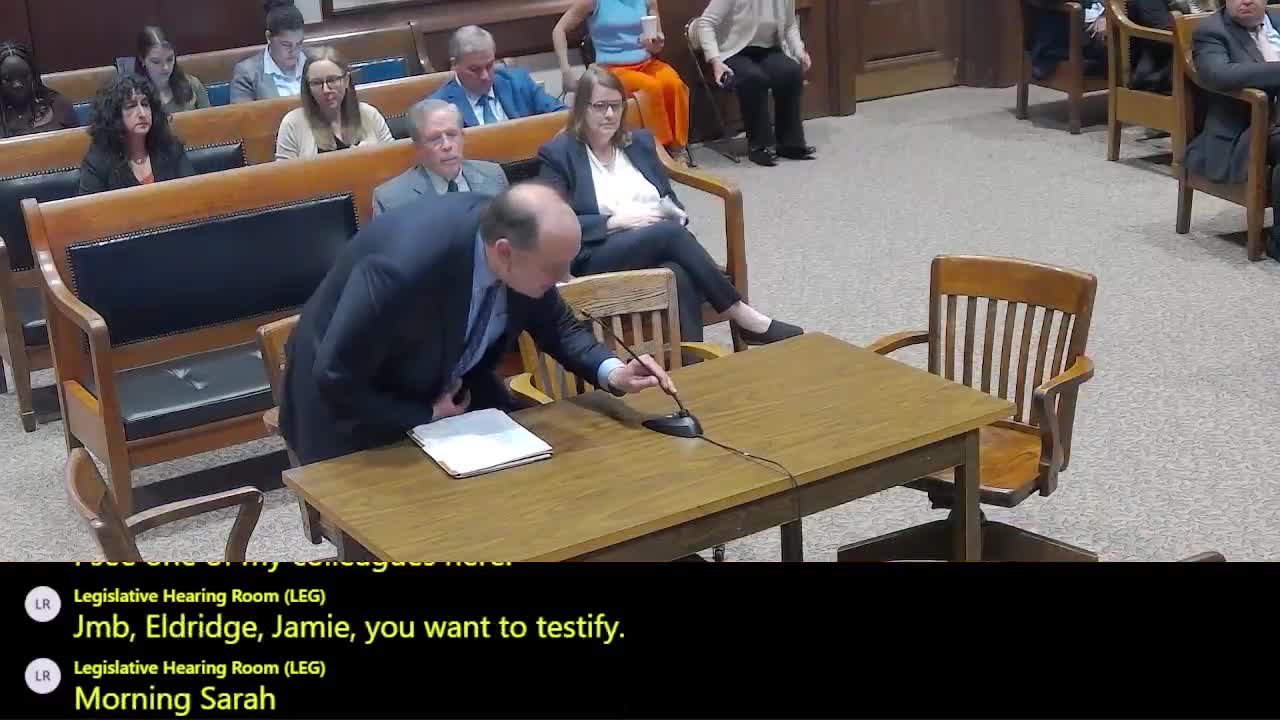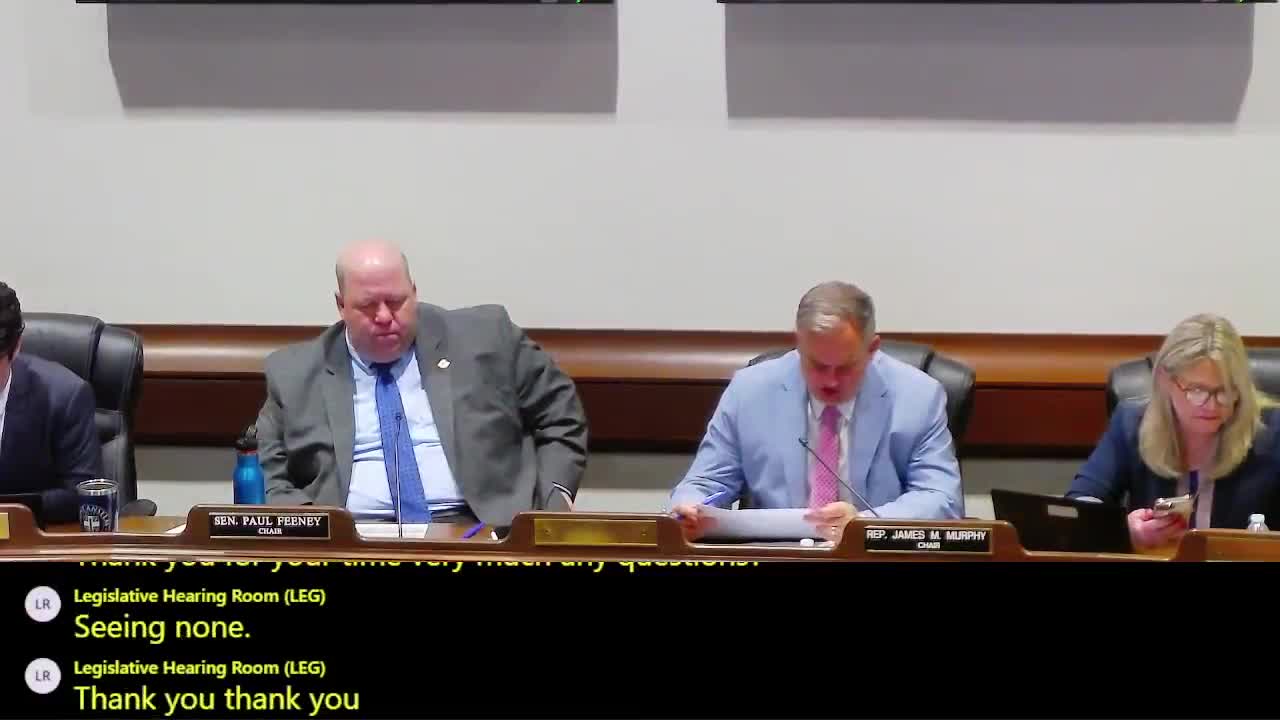Article not found
This article is no longer available. But don't worry—we've gathered other articles that discuss the same topic.

Health centers urge Massachusetts to protect 340B program; critics call for transparency reforms

Health advocacy groups back H.1092 to tie drug prices to value; industry and some patient groups warn of overreach

Lawmakers hear bills to expand access to specialty medications and allow non-network dispensing

